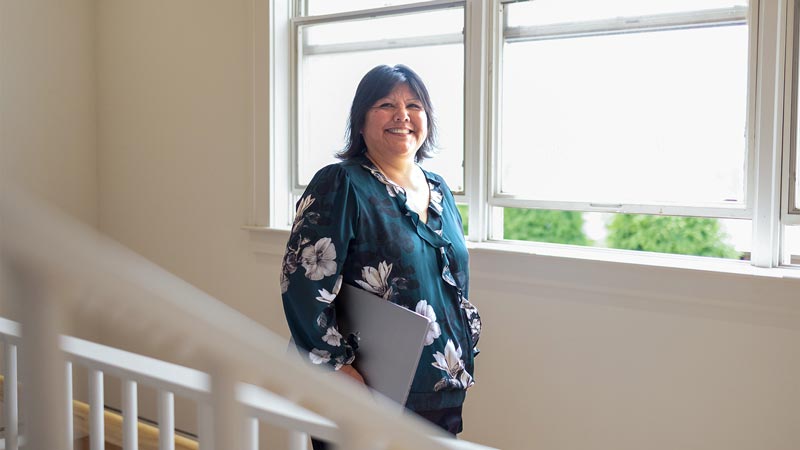
Ecampus Research Unit
Connect with an enrollment services specialist or student ambassador today.


Oregon State Ecampus releases new tool to help students improve their learning strategies and skills
4 minutes Academic Advising, Featured Division of Educational Ventures, Oregon State Ecampus Research Unit, Student success, student success coaching
8 pieces of advice for new online instructors
3 minutes Division of Educational Ventures, Oregon State Ecampus Research Unit
How to get involved in research as an online student
3 minutes Oregon State Ecampus Research Unit
Oregon State publishes new study about equity and bias in online learner data
3 minutes Division of Educational Ventures, Online Learning, Oregon State Ecampus Research Unit
Perspectives, perceptions and privacy: Voices in higher education learner data
2 minutes Oregon State Ecampus Research Unit
When does online class size matter? Read the study
2 minutes Online teaching, Oregon State Ecampus Research Unit
Why continue to teach online? Interview results from experienced online instructors
6 minutes Online Education, Online Learning, Online teaching, Oregon State Ecampus Research Unit, Remote teaching
The 3 most valuable skills for online teaching, according to long-term instructors
6 minutes Center for Teaching and Learning, Faculty development, Online teaching, Oregon State Ecampus Research Unit, Remote teachingOther collections
Online learning experience
Read articles that will help you gain a better understanding of what it's like to learn online with Oregon State University.
Explore the online learning experience »
Success stories
Read profiles and first-person narratives about Oregon State students and alumni as well as the world-class OSU faculty who teach online.
Read success stories »
News
Learn how Oregon State Ecampus and other units in the Division of Educational Ventures are making headlines.
Get the latest news »
Get updates about the latest programs, financial resources, inspiring stories and more. Sign up

